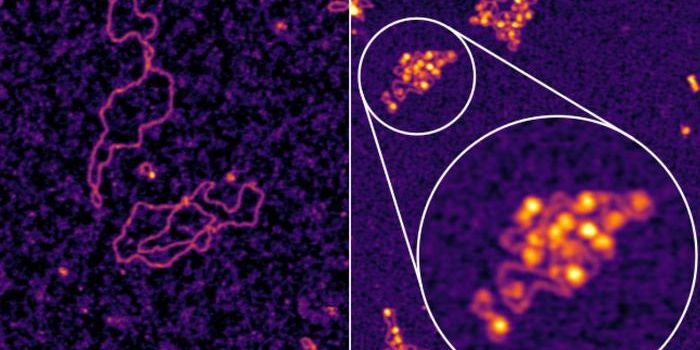Vaccine Against Alzheimer's to Hit Clinical Trials
Currently Alzheimer’s disease is thought to affect around 50 million people around the world, with this figure doubling every year. Currently with no cure and no guaranteed preventative strategy, within just a couple years, a vaccination to combat its primary causes may begin human trials.
The development of a vaccine comes after the failure of many drugs designed to reduce the build-up of amyloid protein and tau in the brain- thought to be the two primary causes of Alzheimer’s-related neurodegeneration. Whereas previous attempts to focus on reducing tau and amyloid accumulation separately have largely failed, researchers now believe that focusing on both simultaneously may hold more promise- as there is growing evidence suggesting a synergistic relationship between the two in driving neurodegeneration.
Moreover, as most treatments targeting these protein build-ups have been more reactive than proactive, scientists from the Institute for Molecular Medicine and the University of California, Irvine, decided to work on vaccine-based measures to simultaneously prevent both of these toxic proteins from accumulating in the first place.
For their study, they combined two existing vaccines, known as AV-1959R and AV-1980R, designed respectively to target amyloid and tau protein build-ups. The vaccine itself was delivered via a novel adjuvant known as Advax, a delivery method designed to improve the efficacy of any therapy.
Nikolai Petrovsky, one of the scientists being Advax and a researcher at Australia’s Flinders University, said, “Our approach is looking to cover all the bases and get past previous roadblocks in finding a therapy to slow the accumulation of Aβ/tau molecules and delay AD progression in a rising number of people around the world.
Aiming for the vaccine to hit human clinical trials within two years, Petrovsky continued, “In the animal models, we can both use it to prevent the development of memory loss by giving it before the animal starts to get these build-ups of proteins...But we can also show that even when we give it after the animals have proteins, we can actually get rid of the abnormal proteins.”
"It's an exciting time to be starting the new decade – hopefully this is the breakthrough of the next decade if we can get it to work in human trials.”
Sources: New Atlas, EPM Magazine and Study Finds









